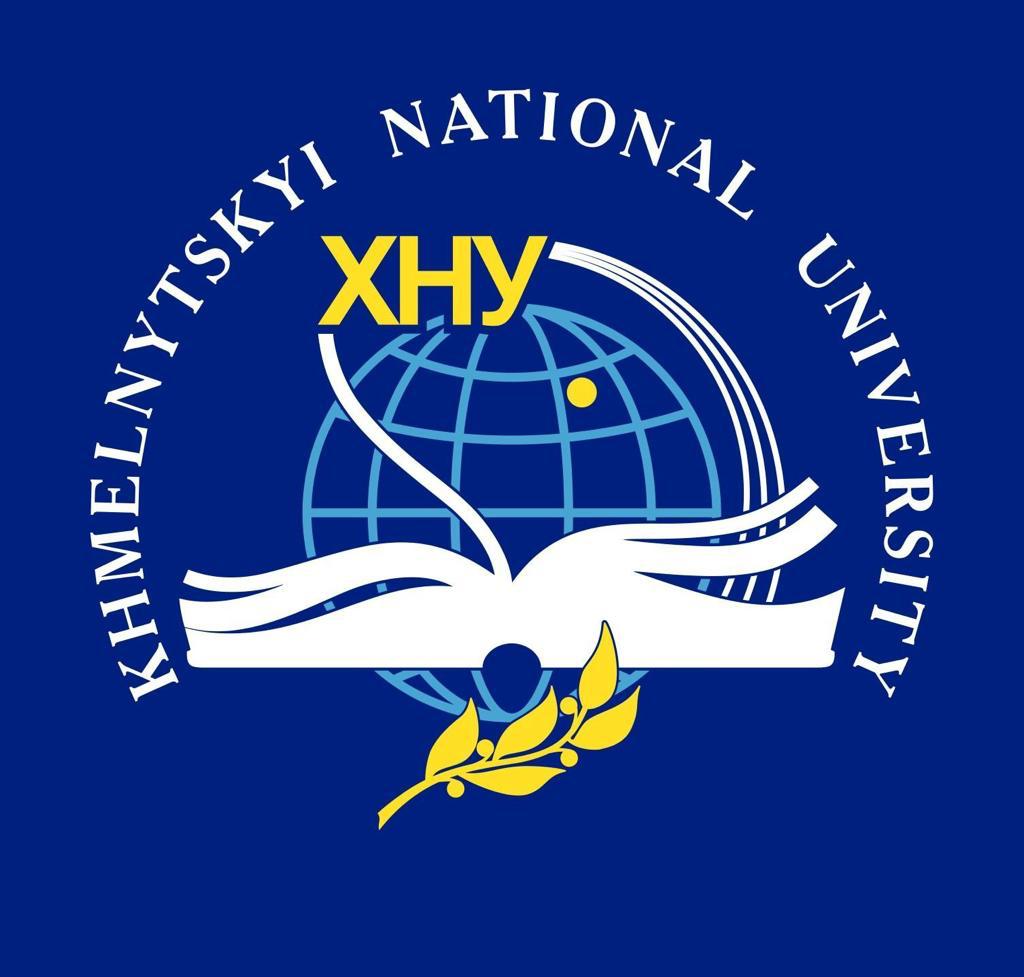BUSINESS GAME IN THE CONTENT OF PROFESSIONAL TRAINING SPECIALISTS OF SOCIONOMIC PROFESSIONS
DOI:
https://doi.org/10.31891/pcs.2025.1(1).88Keywords:
game, business game, specialists of socionomic professions, professional training, competence approach, quasi-professional activityAbstract
One of the key tasks of professional training is to develop the ability for effective interaction, decision-making in complex situations, a creative approach to problem-solving, and advanced communication skills. In this context, the business game serves as an effective teaching method that simulates real professional situations, models interaction among participants, and facilitates the active acquisition of knowledge and skills.
The use of business games in the training specialists of socionomic professions integrates theoretical knowledge with practical activities, fostering critical thinking, teamwork, leadership qualities, and professional self-reflection. Additionally, employing business games aligns with the need to modernize educational approaches in line with contemporary competency-based, interactive, and practice-oriented educational standards. Studying the features, advantages, and prospects of applying business games in the content of professional training for specialists of socionomic professions is important from both scientific and practical perspectives.
The article aims to highlight the significance of business games as an innovative teaching method in the professional training specialists of socionomic professions. According to scholars, modern education not only requires highly qualified specialists but also those capable of independent, critical, and creative thinking, demonstrating responsibility, flexibility, competitiveness, and continuous self-development. Business games provide an opportunity to model environmental phenomena and processes, encourage exploratory activities, develop new value orientations, and enhance communication skills and behavior culture. This method creates a dynamic educational environment where students can collectively analyze circumstances, solve problems, and draw from personal experiences as a source of knowledge, thus bridging the gap between theory and practice.
References
Honcharenko S. U. Ukrainskyi pedahohichnyi slovnyk. K., 1997. 376 s.
Innovatsii u suchasnykh metodykakh vykladannia [Elektronnyi resurs]. Rezhym dostupu: http://book.net/index.
Konoplenko L. O. Metodychni rekomendatsii shchodo orhanizatsii dilovoi hry dlia navchannia usnoho anhlomovnoho spilkuvannia u tekhnichnykh VNZ. Visnyk Dnipropetrovskoho universytetu imeni Alfreda Nobelia. Seriia «Pedahohika i psykholohiia». Pedahohichni nauky. 2014. № 2 (8). S. 152-158
Oliinyk N. Yu. Dilova hra yak efektyvna model piznavalnoi diialnosti studentiv pry vyvchenni ekonomichnykh dystsyplin. Innovatsiina pedahohika. 2020. № 22, t. 2. S. 141-144.
Radchenko I. B., Mykhailova L. Z. Kontekstna dilova hra yak forma navchannia inshomovnoho profesiinoho spilkuvannia. Aktualni pytannia humanitarnykh nauk : mizhvuz. zb. nauk. pr. mol. vchen. Drohob. derzh. ped. un-tu im. I. Franka. Drohobych : Vyd. dim «Helvetyka», 2021. Vyp. 35. Tom 5. S. 218-224.
Iahodnikova V. V. Interaktyvni formy i metody navchannia u vyshchyi shkoli : navch.-metod. posib. K. : DP «Vyd. dim «Personal», 2009. 80 s.
Iakovleva V. A. Zastosuvannia dilovykh ihor v navchalnomu protsesi u maibutnikh bakalavriv sotsialnoi pedahohiky. Molodyi vchenyi. № 11 (51). 2017. S. 488-491.
Downloads
Published
How to Cite
Issue
Section
License
Copyright (c) 2025 Людмила МІХЕЄВА , Олена КУЛЕШОВА , Таїсія КОМАР

This work is licensed under a Creative Commons Attribution 4.0 International License.





